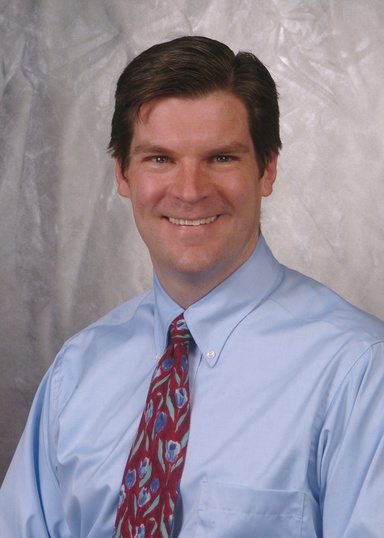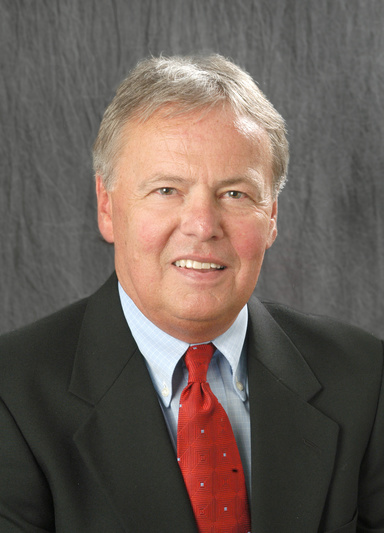An ongoing series of studies by University of Iowa researchers shows that access to a variety of specialty health care fields are more accessible than thought in rural Iowa, but that access could be threatened depending on how health care reforms are implemented.
Previous studies in the series show that specialists in medical oncology and urology who are based in clinics in larger cities but regularly staff Visiting Consulting Clinics (VCCs) in rural areas can bring many more Iowans within a half-hour drive of those types of care.

The latest study by the researchers—Tom Gruca, professor marketing in the Tippie College of Business, and Roger Tracy, retired assistant dean in the Carver College of Medicine—looked at otolaryngology, or doctors specializing in conditions and diseases involving the ears, nose, and throat. They found a similar pattern while mining a university database, that rural access to otolaryngology services in Iowa is more accessible if visiting clinics are taken into account.
“The doctors are getting out there and seeing patients and serving the public,” says Gruca.
Using data gathered by the Carver College of Medicine’s Iowa Physician Information Service (IPIS), Gruca and Tracy found that 49 otolaryngologists from Iowa and neighboring states staffed 87 separate VCCs in rural areas in 2013, with 67 percent of the clinics occurring monthly or more frequently.
While only 20 of Iowa’s counties have a resident otolaryngologist, 85 counties have access to their services when VCCs are considered. When those visiting clinics are taken into account, 92 percent of Iowa’s population lives within a 30-minute drive of an otolaryngologist.
Otolaryngologists treat such diseases and ailments as head and neck cancers, sinusitis, and adenoid infections, and also perform facial surgery and repair broken facial bones. Many of the conditions they treat—such as hearing loss or sleep apnea—are especially prevalent in the aged or obese, two trends that are particularly acute in rural areas, which makes improved access for rural residents even more important.

The studies also conclude that access to specialized health care through VCCs could be threatened by any kind of significant change in the reimbursement process implemented by the Affordable Care Act. The studies have found that specialists drive thousands of miles a year to staff VCCs—otolaryngologists drove more than 17,000 miles per month in 2013, for instance—for which they are not directly reimbursed under current Medicare and Medicaid rules.
But Gruca warns that a major change in reimbursement could prompt physicians to abandon VCCs and threaten rural health care access.
The data for Gruca’s and Tracy’s previous studies has all come from the IPIS, an annual census of every workplace in Iowa that employs licensed health care professionals. Iowa is the only state in the country to have such a comprehensive database, and the two researchers are currently using it to examine rural access to cardiology, orthopedic, and gynecology care.
The latest study, “Reaching Rural Patients through Otolaryngology Visiting Consultant Clinics,” is published in the current issue of the journal Otolaryngology: Head and Neck Surgery, published by the American Academy of Otolaryngology. It was co-authored by Inwoo Nam of Chung-Ang University in South Korea.